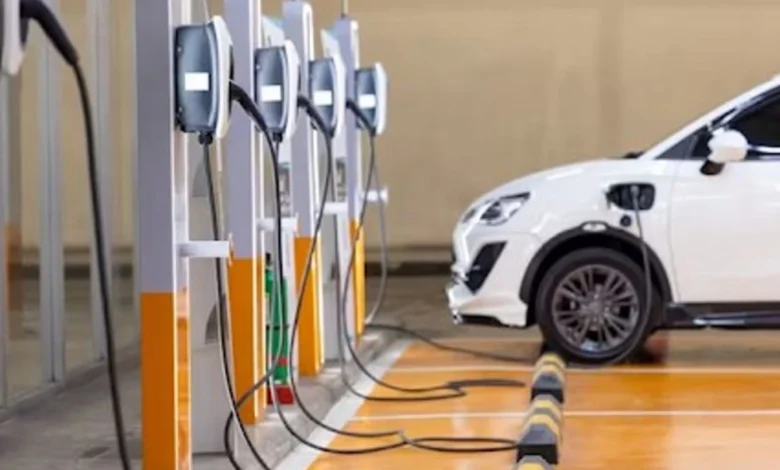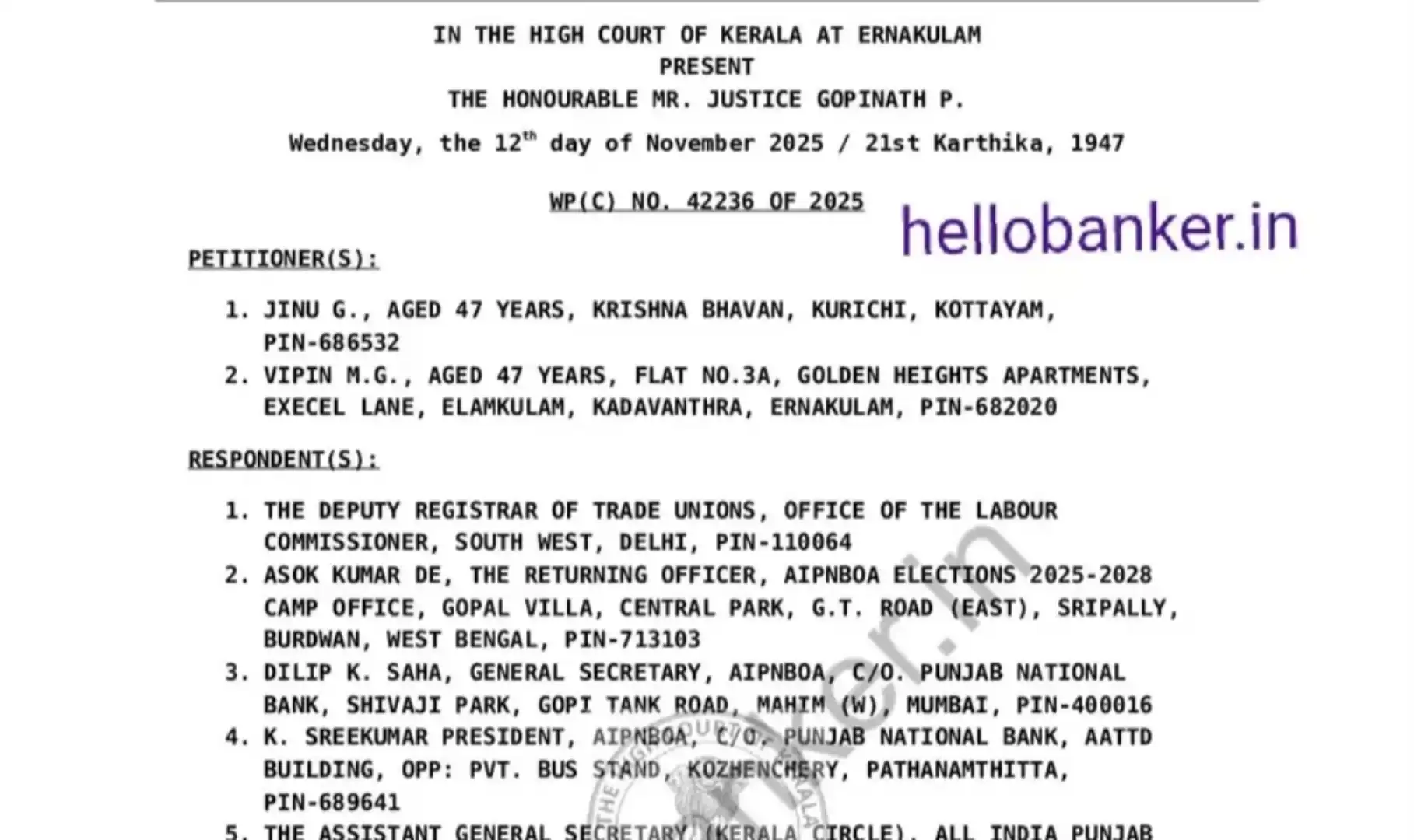China has filed complaint against India in WTO, But Why? Know all Details

China has expressed concern over the subsidies provided to promote Electric Vehicles (EVs) in India. According to a Reuters report, China has filed a complaint against India at the World Trade Organization (WTO) on Wednesday regarding this issue.
China claims that India’s large subsidies give an unfair advantage to domestic companies, affecting Chinese electric vehicles and EV products sold in India. This, China says, harms its interests. The Chinese Ministry of Commerce has stated that it will take strict measures to protect its industries’ rights.
According to the Economic Times, India provides the highest subsidies on electric cars among major countries. For example, buyers and manufacturers of India’s best-selling EV, the Tata Nexon, receive combined subsidies of up to 46 percent. The benefits of EVs in India include lower GST, lower road tax compared to petrol and diesel vehicles, and support under the Production-Linked Incentive (PLI) scheme for companies.
The Indian government is promoting not just EVs but also charging infrastructure. Under the ‘PM e-Drive’ scheme, the central government covers up to 80 percent of the cost of building public fast-charging stations. In some cases, this subsidy can reach 100 percent. Payments are made in three installments: 30% when the tender is awarded, 40% upon installation, and the remaining amount after the station becomes operational.
Subsidies for e-trucks, e-ambulances, and e-bus charging infrastructure will continue until March 31, 2028. However, subsidies for electric two-wheelers, e-rickshaws, three-wheelers, and e-carts will end after March 2026.
Despite these subsidies, electric vehicles are still not widely adopted in India. EVs account for only 2% of the total vehicle market, the lowest compared to other countries. This shows that although the government is investing heavily, EVs have not yet become common among the general public.



